Stress in Children – Causes, Signs and Tips to Manage

Everyone experiences stress; it is a natural mechanism established by the body to handle and adapt to challenging situations in life. While little amounts of stress can actually be helpful for developing resilience and problem-solving skills, too much negative pressure can lead to long-term psychological damage in children. Therefore, stress relief for kids is of utmost importance for their overall well-being and development. This article will help you understand toxic stress in children, the various sources of stress in children, its effects on their mental health, and the effective methods you can employ to help your child cope with stress in a healthy manner.
What Is Stress in Children?
Children suffer from stress even more than adults do, as they are exposed to new and confusing environments constantly. Their sense of self-worth is intimately tied to the expectations posed by the adults around them, such as parents and teachers, but their peers can also influence it. If your child’s self-esteem takes a hit, they will find it challenging to cope with the situation.
How Common is Stress in Early Childhood?
Recent studies show that stress levels in children have been increasing over the past decades. This is mainly due to the vast amount of accomplishments they are expected to achieve and the pressure to compete with other kids successfully. Being unsuccessful has become a taboo, generating a deep-set feeling of inadequacy in Indian kids, so much so that our teens and youth have one of the highest suicide rates in the world.
Types of Stress in Early Childhood
There are two main kinds of stress experienced in early childhood.
1. Good Stress
Good stress or positive pressure is essential as it helps children handle obstacles and overcome them. For example, athletes and students perform better when they experience small quantities of stress from their parents and coaches, which motivates them to work harder.
2. Bad Stress
Overwhelming stress can surmount the child’s ability to cope. Serious events such as physical and emotional violence, inability to perform as expected, illness, and neglectful parents are some factors that can harm the child irreparably. This can also have a direct impact on the child’s mental development, rise in blood pressure, cause sleeplessness, nightmares, lethargy, depression, and so on.
Causes of Stress in Kids
There are various stressors children could face in their daily lives. Some of them are:
1. Stress in School
Kids spend half of their waking hours at school, where they have to juggle academic responsibilities along with sports, extracurricular activities, and tuitions, leaving them exhausted. In addition, they might feel stress from trying to fit in a friend circle.
2. Stress Due to Family Issues
Children look to their parents for guidance and support. Stress can be caused by problems at home, such as spousal fights and separation, economic issues, corporal punishment, dealing with mental disorders in the caretakers, and other issues.
3. Stress Due to Environment or Media
It is very common for children to get anxious about the things they see on TV, such as news of disasters, terrorist attacks, and rising tensions in the world. Very young kids might even react to extreme violence, gore, and horror in films, which can inflict an irrational fear of strange people, darkness, or scary monsters. Having online lives could lead to cyberbullying by peers or strangers, which can also cause severe emotional distress.
4. Other Causes
Children can also get stressed when people around them worry for any reason, be it death, sickness, or finances. Children are susceptible to their parents’ emotional levels, so if you are anxious, they will undoubtedly pick up on it.
Signs of Stress in Kids
Regarding the signs of stress in preschoolers, it is nearly impossible for young children to express their emotional states to their parents. And so, it is up to you to identify the child stress symptoms:
1. Physical Symptoms
- Aggressive overreactions to mild problems, such as attacking, biting, crying, and screaming.
- Constant sleep problems, such as insomnia, bedwetting, and nightmares.
- A decrease in appetite.
- Complaints of headaches or stomach aches are common.
2. Emotional or Behavioural Symptoms
- Inability to relax, always jittery, and on edge.
- Developing new fears or a resurgence of past fears.
- Irritable or moody behavior and a general inability to control emotional responses.
- Refusal to go to school, or a friend’s or relative’s home, as their stressors might be located there.
Which Children Are Most At the Risk of Experiencing Stress?
There are several factors that can set off stress responses in children, and these can be both external and internal:
- Serious changes in their daily routines or lives, such as divorce, shifting cities, and changing schools.
- Sicknesses and injuries in either the child or a close family member.
- Abandonment, loneliness, and neglect.
- Experiencing physical, verbal, or emotional abuse in the form of punishment, sexual assault, and humiliation.
Effects of Stress on a Child
The younger the child, the greater the adverse effects of stress on them. Here are some ways in which how stress affects children:
- Impairment of normal mental growth of the child.
- Negative impact on the child’s ability to function.
- Problems in later life, such as eating disorders, anxiety, paranoia, and depression.
- Their immunity takes a hit due to stress hormones, leaving them vulnerable to infections.
Coping With Childhood Stress
Schools and parents are best equipped to identify and provide stress management for children who experience stress.
1. At School
- Help children identify stressors and teach them ways of coping with them.
- Follow a strict policy against punishment, either verbal or physical.
- Recognise instances of bullying and care for the children involved.
- Implement an effective communication portal between parents and teachers.
2. At Home
- Give your child a space where they feel protected and cared for.
- Listen to their problems without criticising them or insulting them for not being able to solve it.
- Spend time with them in a fixed routine, which will comfort them.
- Use positive reinforcement to teach them, avoiding punishment entirely.
Effective Tips to Manage Stress in Children
Stress in children can stem from various sources, such as school pressure, social situations, or family changes. Managing stress early on is crucial to ensure it doesn’t interfere with their emotional and physical development. Here are some effective tips to help children manage stress:
- Create a safe space where your child feels comfortable talking about their feelings without fear of judgment.
- Exercise helps release endorphins, which can improve mood and reduce stress levels.
- A consistent daily routine provides stability, helping children feel more in control of their environment.
- Simple breathing exercises, meditation, or yoga can help children calm their minds when they feel overwhelmed.
- Excessive screen exposure can increase stress. Encourage more offline activities like reading, drawing, or outdoor play.
- Hobbies like painting, playing music, or gardening can be a healthy outlet for stress relief.
- Children often learn by observing. Show them how to handle stress calmly and effectively in your own life.
- Poor sleep can exacerbate stress. Make sure your child has a healthy bedtime routine to support restful sleep.
When to Consult a Doctor
In many cases, good parenting can help relieve your child’s stress, but sometimes, the stressors are too large to be countered at home or school. Consult with your child’s pediatrician, if they are:
- Showing signs of withdrawal, depression, or unhappiness.
- Displaying excessive emotional outbursts, such as fear or rage.
- Doing badly at school or refusing to interact with people.
FAQs
1. Can stress in children lead to speech or language delays?
Yes, prolonged stress can sometimes impact a child’s speech or language development. Stress, especially when related to trauma or anxiety, may cause delays in a child’s ability to communicate effectively, leading to speech issues like stuttering or selective mutism.
2. Can stress in children cause nightmares or sleepwalking?
Yes, children under stress may experience sleep disturbances such as nightmares, night terrors, or even sleepwalking. Stress can affect the brain’s ability to properly transition between sleep stages, leading to disruptions in the sleep cycle and vivid dreams or sleepwalking episodes.
3. Can stress in children result in unexplained hair loss?
Yes, one of the physical symptoms of stress in children is hair loss, a condition known as telogen effluvium, where significant emotional or physical stress triggers hair follicles to prematurely enter the resting phase, causing hair to fall out more than usual.
This was all about stress, and how you can go about explaining stress to a child. Also, learn the different stressors that affect children, as the kinds of stress vary with age. Realizing that events we adults brush off as insignificant can cause severe stress in children is the first step to recognizing stress. The most important thing you can do to help them cope is to let them know you understand how they are feeling without dismissing their emotions as exaggerated or unnecessary.
References/Resources:
1. Childhood Stress: How Parents Can Help; Nemours Kids Health; https://kidshealth.org/en/parents/stress.html
2. What is stress?; UNICEF; https://www.unicef.org/parenting/mental-health/what-is-stress
3. Stressed out kids? Signs and strategies; Mayo Clinic Health System; https://www.mayoclinichealthsystem.org/hometown-health/speaking-of-health/stressed-out-kids
4. How to help children and teens manage their stress; American Psychological Association; https://www.apa.org/topics/children/stress
5. Identifying signs of stress in your children and teens; American Psychological Association; https://www.apa.org/topics/stress/children
6. Toxic Stress; Center on the Developing Child; Harvard University; https://developingchild.harvard.edu/science/key-concepts/toxic-stress/
7. Buffering Childhood Stress; NIH; https://newsinhealth.nih.gov/2024/07/buffering-childhood-stress
Also Read:
Tics in Children
Mental Disorders in Kids
How to Handle Difficult Kids
How to Handle Aggression in Kids
Best Tips to Deal With a Sulking Child
Was This Article Helpful?
Parenting is a huge responsibility, for you as a caregiver, but also for us as a parenting content platform. We understand that and take our responsibility of creating credible content seriously. FirstCry Parenting articles are written and published only after extensive research using factually sound references to deliver quality content that is accurate, validated by experts, and completely reliable. To understand how we go about creating content that is credible, read our editorial policy here.






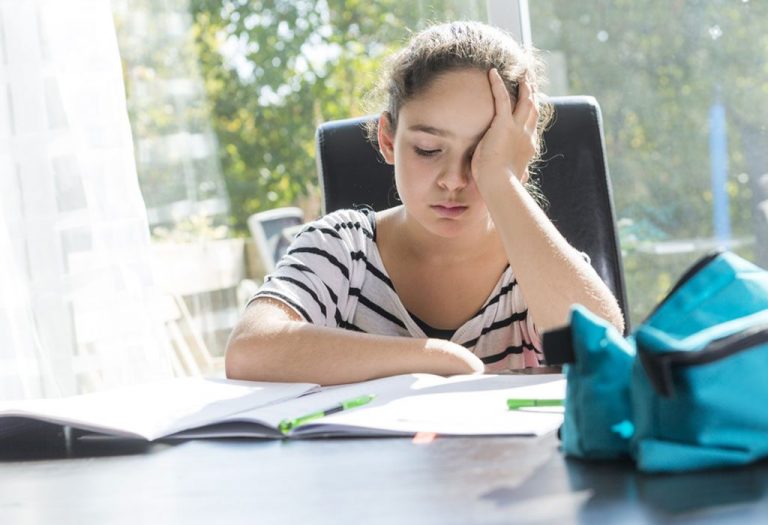
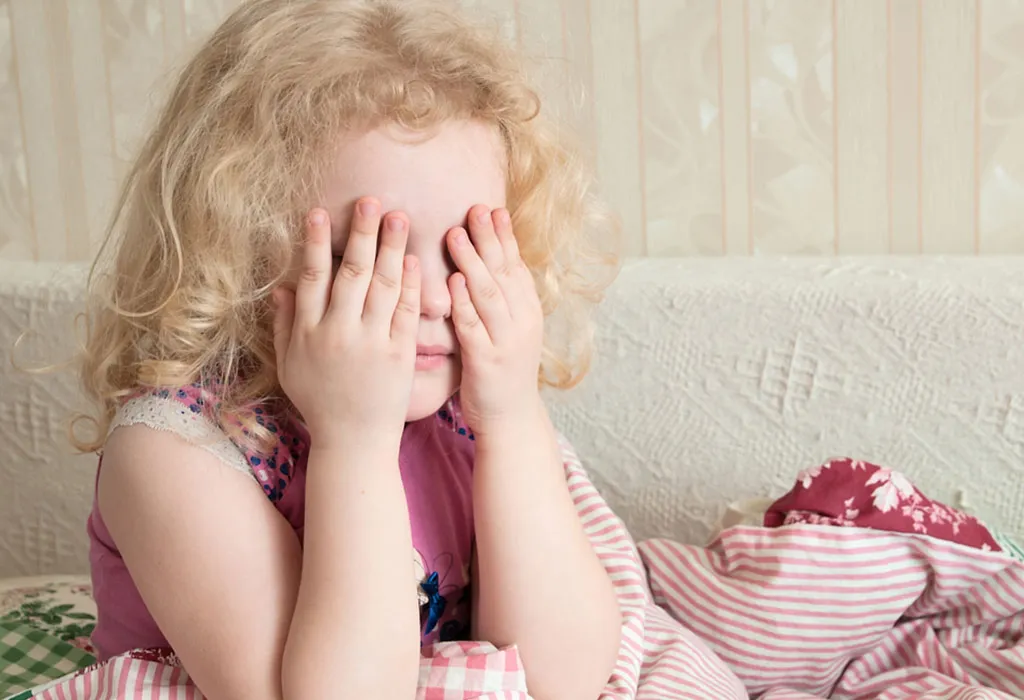
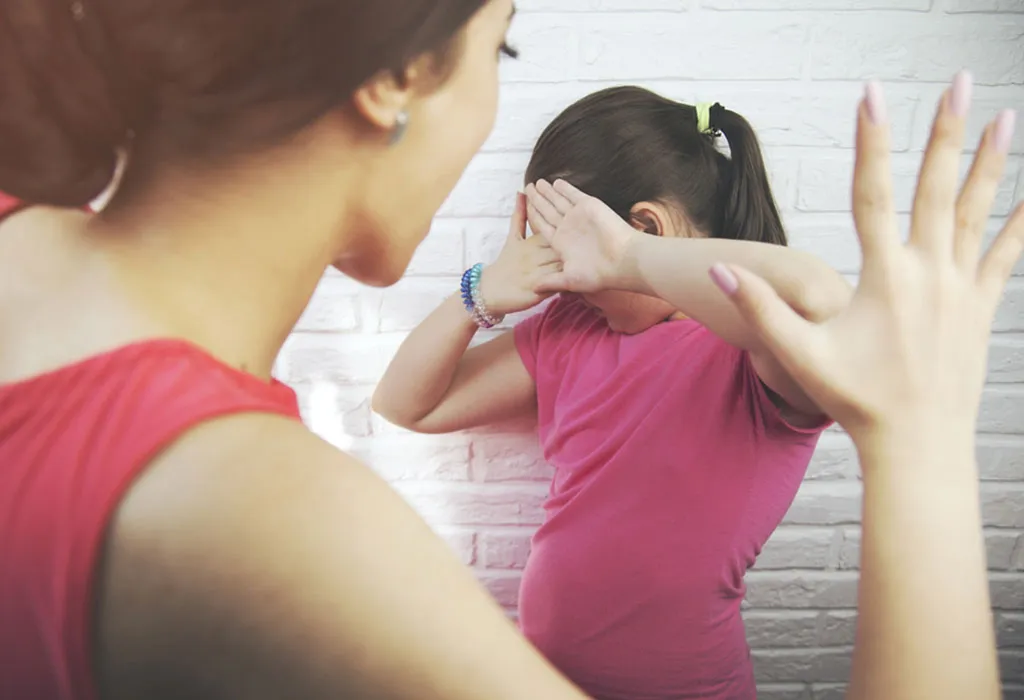


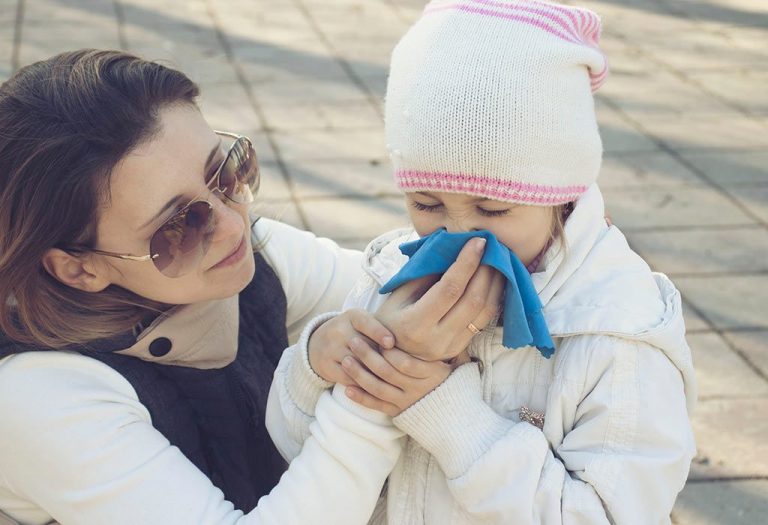


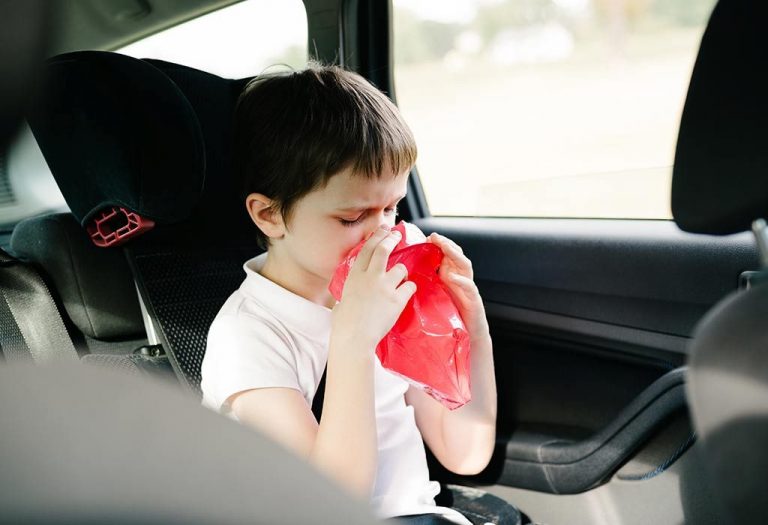


.svg)
















